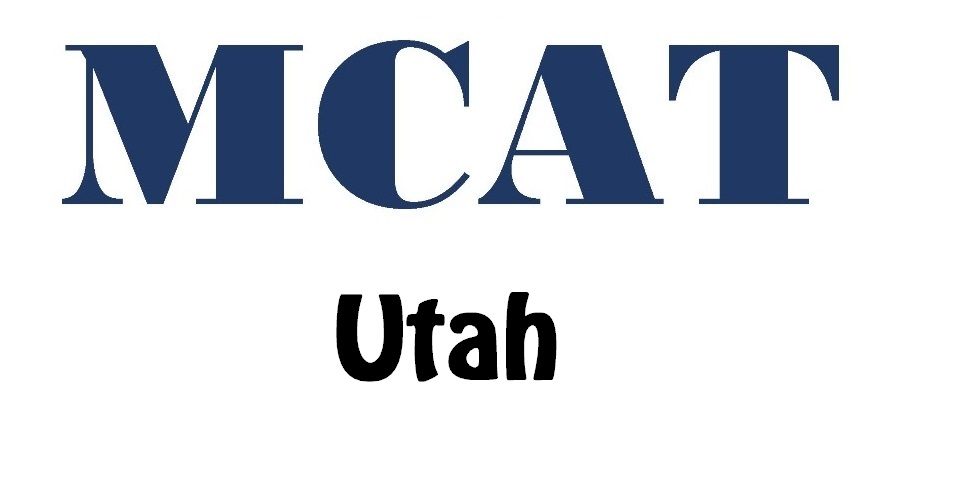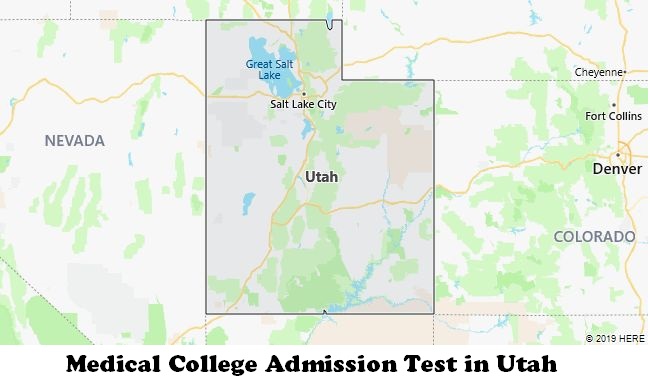According to AAMC (the MCAT test maker), there are 5 MCAT test centers in Utah. Most testing centers are located inside a college or university. You can select a testing location that is nearest to you. Please note that you are able to choose a test center when registering for the MCAT.

Orem – Lindon
350 SOUTH 400 WEST
SUITE 250
LINDON, UT 84042
ETS – UTAH STATE UNIVERSITY
UNIVERSITY INN 115
0118 OLD MAIN HILL
LOGAN, UT 84322
Salt Lake City – South 1460 East
201 SOUTH 1460 EAST
490 STUDENT SERVICES BUILDING
SALT LAKE CITY, UT 84112-9059
Prometric Test Center
Dixie State College
SW Corner of Tabernacle Street & 1000 East
St. George, UT 84770
Salt Lake City – Taylorsville
5500 S. Redwood Rd.
Suite 201
TAYLORSVILLE, UT 84123

President of the U.S.A
The President of the United States is the head of state of the United States of America. He is also Chief Executive of the federal government and Commander in Chief of the US Armed Forces.
The powers of the President are stipulated by the second article of the US Constitution. The President has the right:
- lead the US military;
- negotiate and conclude agreements with other states;
- appoint (after approval by Congress) federal officials – ambassadors, ministers, etc.;
- manage the work of the executive bodies of the federal government (ministries, departments, etc.);
- propose to the Congress candidates for the posts of federal judges, including judges of the Supreme Court;
- issue decrees having the force of law, unless they are contrary to the relevant acts of Congress;
- convene extraordinary sessions of the Congress;
- pardoning convicts or suspending the execution of sentences, and many others.
In addition, the President of the United States has the right to sign bills passed by the US Congress, after which they come into force and become laws, or to veto them. To override a veto, Congress must garner at least two-thirds of the votes in each house.
The President is responsible for protecting US citizens abroad and foreign citizens in the United States.
The president is required to periodically address Congress, reporting on “the state of the country.” The frequency of such reports is not stipulated by the Constitution, but traditionally they are annual.
